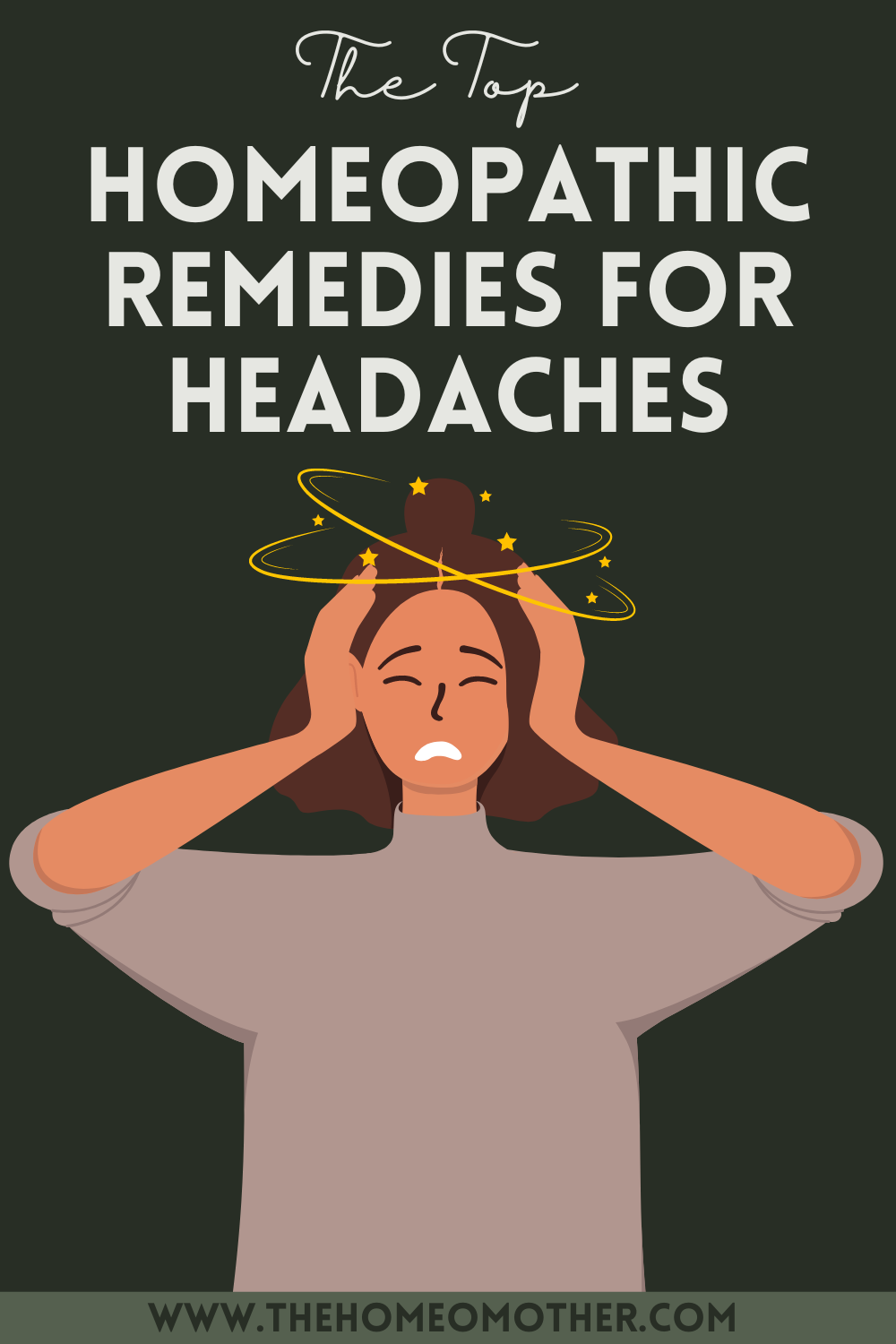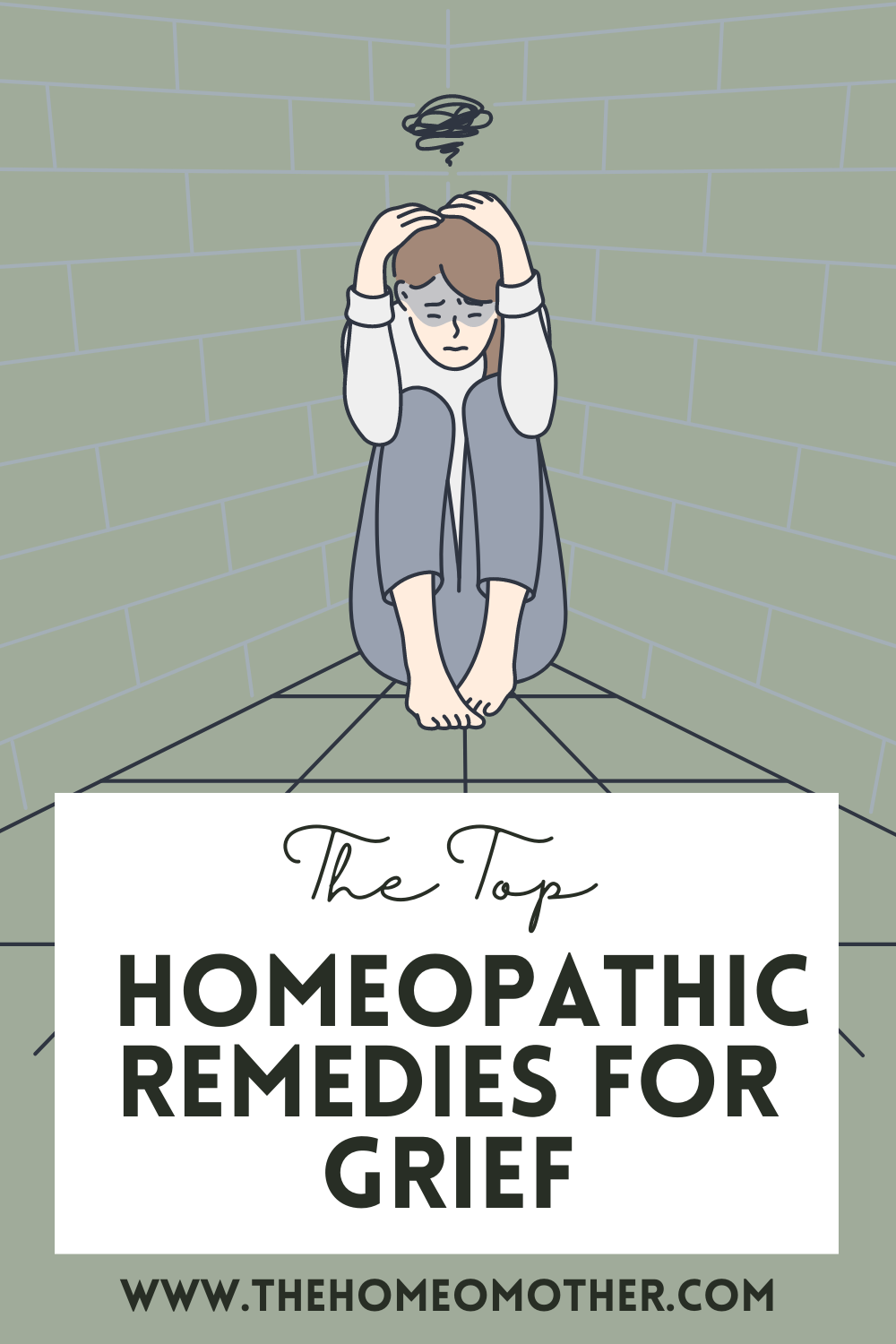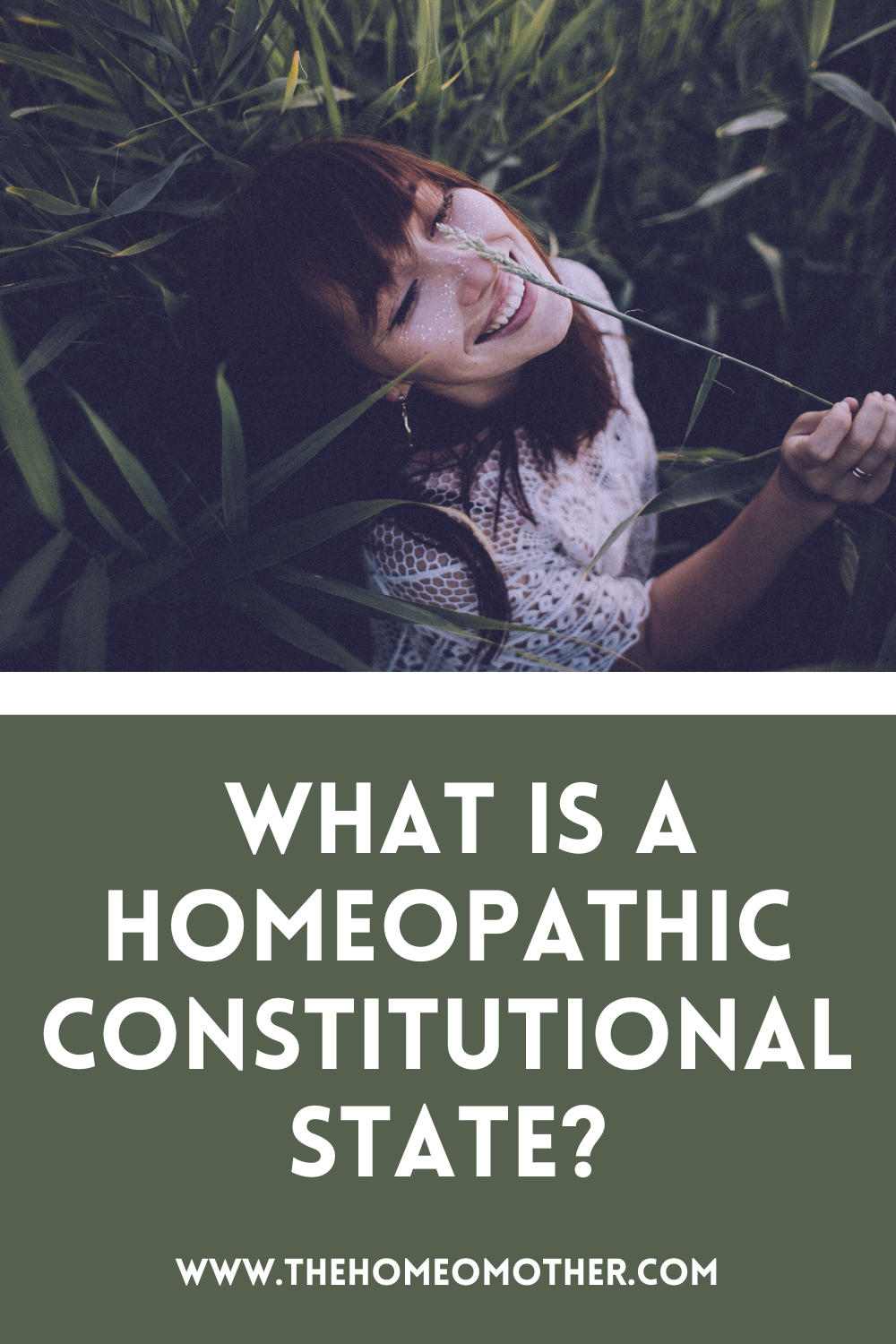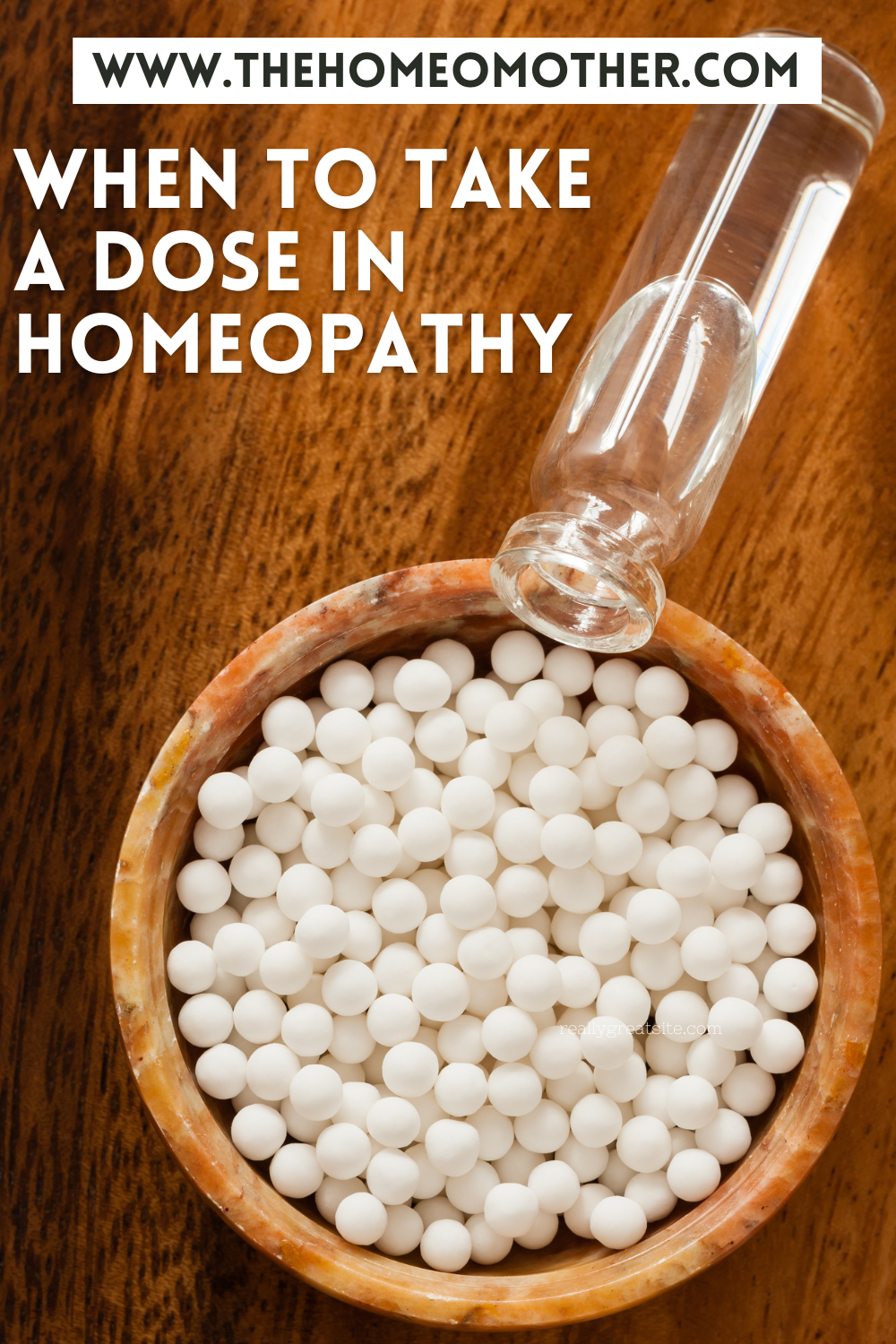Have You Heard of Homeopathic Provings? Here is the Explanation.
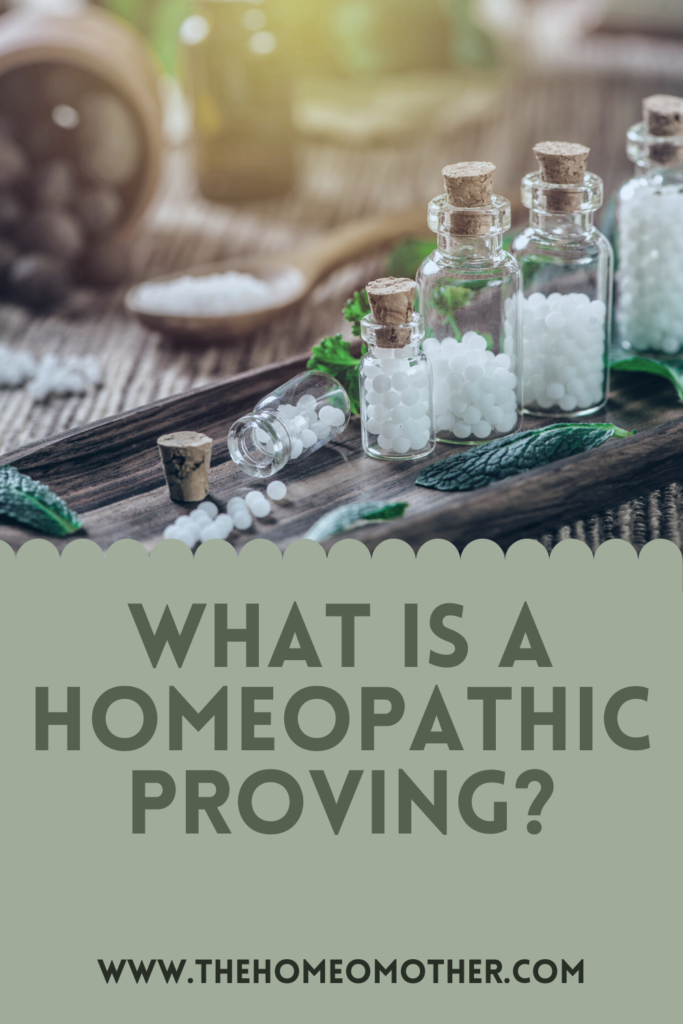
Maybe you have heard the term, and think that it is a good thing.
I mean after all, doesn’t the term “homeopathic proving” just seem to innately give thoughts that “oh okay, it must be proving that the remedy works!”
Well yes, and no.
If you have been reading my other posts so far in this series on the basics in homeopathy, you may have gathered that what we innately think about things, isn’t always quite the case when it comes to homeopathy.
To break it down into the most simplistic terms: yes, a proving means that a remedy works. But no, not quite in the way that you may think.
Confused yet? It took me a while to understand this.
If you have not already, be sure to read my posts on dosages (see post: When to Take a Dose in Homeopathy) and potencies (see post: Homeopathic Potencies Explained) for better context.
As previously explained, it is important in homeopathy to start with lower potencies, and to also only take a dose when there are symptoms present.
The big reason behind all of this, is because of provings.
If you take a dose that is too high in potency (200C and up) and especially if it is not actually the best selected remedy for you, you can actually prove the remedy.
Going back now to my original post in this series on the basics of homeopathy (see post: What is Homeopathy) I covered that homeopathic remedies are made by raw substances being diluted down thousands of times and then succussed, which releases the energetic healing potential of the substance.
But…have you wondered how it was ever even determined what symptoms these remedies even relate to, or can potentially even treat?
From provings.
A proving is how the remedies were originally determined to work, from the standpoint of what symptoms related to which remedy. Certain remedies were created from raw substances, and detailed case studies were performed by giving healthy volunteers high potencies of a remedy to see what symptoms would emerge.
“Pure experiment – the only infallible guide in the art of healing–teaches us in all tests conscientiously conducted that the medicine that has produced upon a healthy human body the greatest number of symptoms similar to those of the disease being treated is the only one that will cure. Administered properly potentized, in small doses, this medicine will rapidly, thoroughly, and permanently destroy the totality of the symptoms of the disease, which means the whole disease itself, changing it into health.”
–Samuel Hahnemann, Organon of Medicine 6th Edition
The idea in simple terms is that if a healthy individual does not need a remedy as they have no symptoms for it, but got it in a high potency – they would “prove” the healing potential of that remedy by having short term symptoms of what the remedy has the potential to heal.
Likewise, it also enabled the early homeopaths to know which symptoms a remedy could treat, and potentially completely heal in their entirety.
So for example, lets say that you are tired and have no issues typically with insomnia or falling asleep. You volunteer in a case study of proving “Coffea Cruda” (the remedy made from raw coffee used for sleeplessness). If you have no symptoms for sleeplessness, and take it initially in a high potency – you could bring out symptoms then of being alert and awake.
Early homeopaths took this then as “proof” that Coffea Cruda (potentized coffee) holds the curative ability to treat those symptoms of being alert and awake – and it has often done so quite successfully.
This is why though it is important to limit remedy potency to 30C or less for home use, and only increase under the guidance of a homeopath. It is also why it is important to only take a remedy when the symptoms are present, and to always best match the totality of symptoms.
To best summarize:
A homeopathic proving is when a remedy is given to a healthy volunteer that does not have need for it, as a means to bring out the symptoms unique to that remedy revealing the potential curative power.
Also to note: this is different than a homeopathic aggravation. An aggravation is when a remedy is well selected, but the potency may be a little too high making for a short term aggravation of symptoms which subsides into improvement. If there is an aggravation that leads to no improvement, it is probably instead a proving. This is why too it is important to only repeat a dose if there was initial benefit, that then wore off.
want to learn more about homeopathy?
Join the community to ask your questions, connect with like-minded individuals, attend live weekly Q&A and so much more!
I hope that you all found this informative and interesting! If so be sure to subscribe to my newsletter (you will get a copy of my free first aid guide) and leave a comment below.


